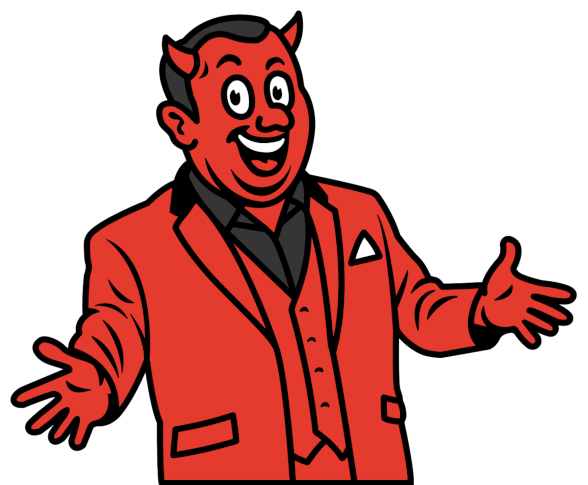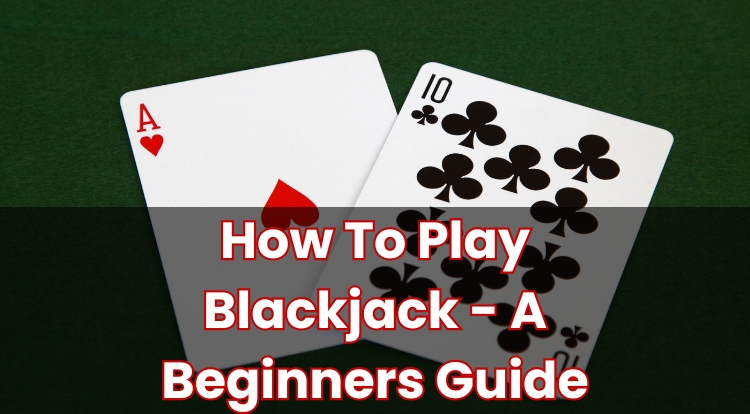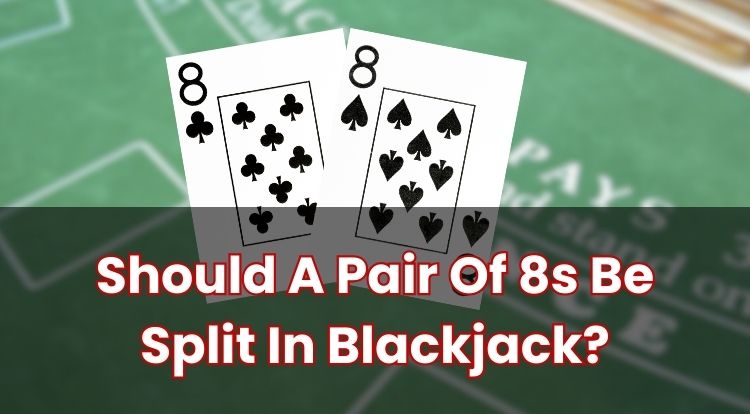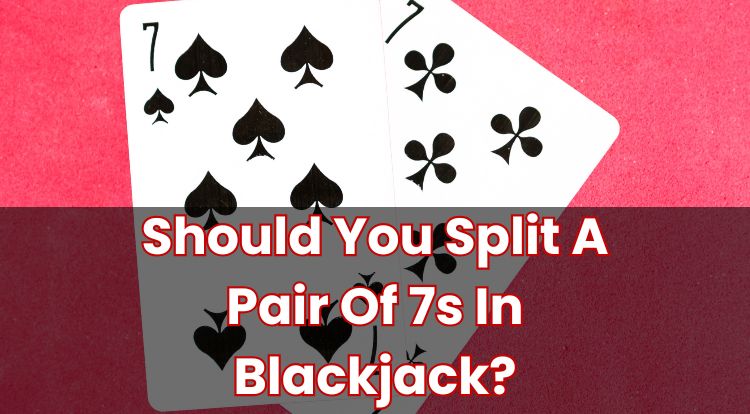Blackjack Double Down Meaning & When To Double Down
In blackjack, the term “double down” refers to a move a player can make instead of standing or hitting. But what exactly does it mean, and when should you use it?
In this comprehensive guide, we’ll delve into the intricacies of doubling down, explaining its meaning, rules, odds, and payouts. We’ll also discuss the situations when you should double down and when you should not, as well as how it compares to splitting. With a clear understanding of these aspects, you’ll be able to make more informed decisions.
What Does Double Down Mean In Blackjack?
In blackjack, doubling down refers to the action where a player, after receiving their initial two cards, opts to double their original bet. However, there’s a catch – they can only receive one additional card and then their turn ends.
Doubling down is a high-risk move that can potentially lead to big wins if used strategically. It’s an aggressive bet that expresses confidence in the strength of the player’s hand and their chances of beating the dealer.
Blackjack Double Down Rules
Before you decide to double down, it’s crucial to understand the rules that govern this move. The basic rule is that you can only double down after receiving your initial two cards; you cannot hit and then double down.
Once you decide to double down, you place an additional bet equal to your original bet and receive one more card. Your turn then ends.
However, the specific rules for doubling down can vary from one casino to another. Some casinos allow players to double down on any two cards, while others restrict it to certain total values. Some casinos even allow doubling down after splitting pairs. Make sure to familiarise yourself with the house rules before you start playing.
Blackjack Double Down Odds & Payout
The odds and payouts associated with doubling down can greatly influence your decision to use this move. In general, if you double down and win, you receive twice your original bet. However, if your third card causes you to go bust (exceed 21), you lose double your original bet.
The house edge in blackjack, which normally hovers around 4%, can be reduced to as low as 0.5% with effective use of basic strategy, which includes the appropriate situations to double down. It’s important to note, though, that the house edge can never be completely eliminated.
When Should You Double Down In Blackjack?
Knowing when to double down is a key part of basic blackjack strategy. Here are a few scenarios when doubling down could be advantageous:
- When your cards total 11: This gives you a high chance to hit 21 or at least get close to it with the next card.
- When you have a ‘soft’ 16, 17, or 18 and the dealer shows a low card: A ‘soft’ total means that one of your cards is an Ace, which can count as 1 or 11. This flexibility improves your chances of improving your hand.
- When you have a hard 9 or 10 and the dealer shows a low card: A ‘hard’ total means you don’t have an Ace, so there’s less risk of busting with the next card.
These scenarios are not foolproof, but they are, statistically, the best scenarios to double down in.
When To Not Double Down In Blackjack
While knowing when to double down is important, understanding when not to is equally crucial. Here are some situations when you should avoid doubling down:
- When the dealer has an Ace: The dealer’s chances of getting a blackjack are high, making it risky to double down.
- When your cards total more than 11: The risk of busting increases with higher totals, so it’s safer not to double down.
- When you’re unsure: If you’re uncertain about the potential outcome, it’s best to stick to the safer option and not double down.
Splitting vs Double Down: What’s The Difference?
Both splitting and doubling down are strategic moves in blackjack, but they have distinct differences.
Splitting is an option when you have two cards of the same value. You can split them into two separate hands, each with its own bet, and receive an additional card on each hand.
On the other hand, doubling down involves doubling your original bet in exchange for just one additional card. While splitting increases the number of hands you play, doubling down focuses on maximising the potential win on a single hand.
Some casinos allow players to double down after splitting pairs. Be sure to check the house rules before playing to see whether this is a possibility.
Frequently Asked Questions
Do You Always Double Down on 11?
Doubling down on 11 is generally a good move, as it’s impossible to bust with a single additional card. However, if the dealer shows an Ace, you might want to reconsider due to the dealer’s chances of getting a blackjack are high.
When Should You Double Down on Soft Hands?
Doubling down on soft hands (hands that include an Ace) can be a good idea if the dealer shows a low card. This is because the flexibility of the Ace increases your chances of improving your hand.
Can You Double Down After Splitting?
Some casinos allow players to double down after splitting. This can be advantageous, particularly if you split a pair of 5s or 6s and the dealer shows a low card. Make sure to check the house rules first to see if this is available.
*All values (Bet Levels, Maximum Wins, etc.) mentioned in relation to this game are subject to change at any time. Game features mentioned may not be available in some jurisdictions.





